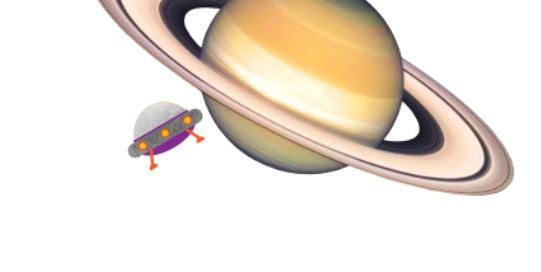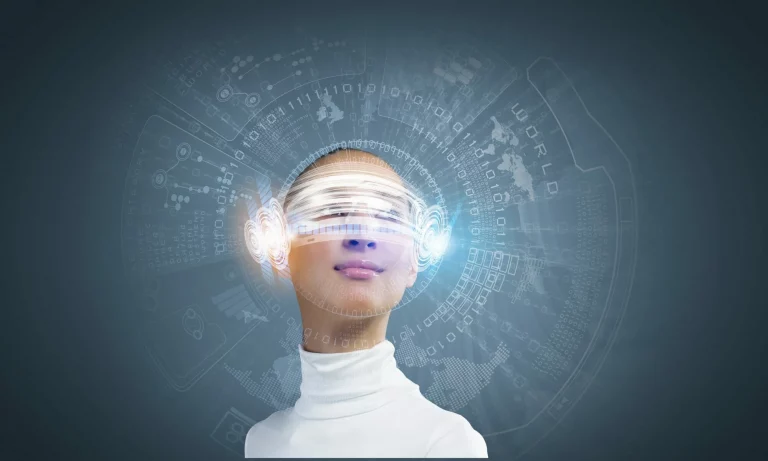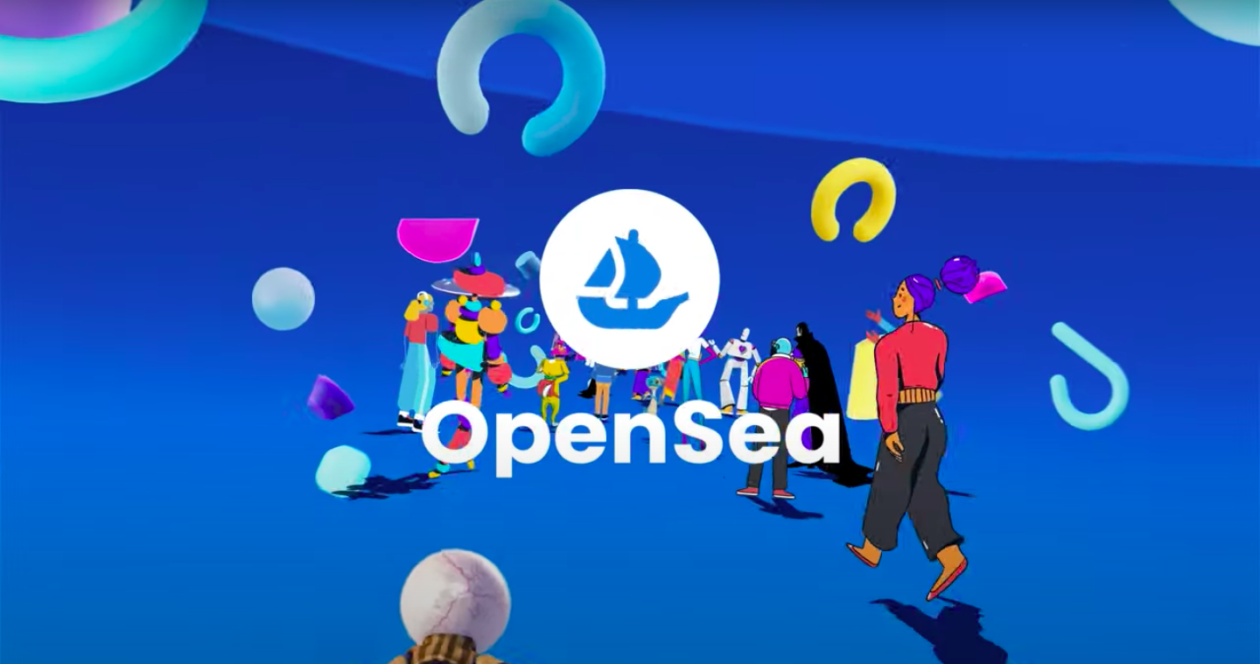When Elon Musk tweeted about Web3 being just another ‘marketing buzzword’, what exactly did he mean?
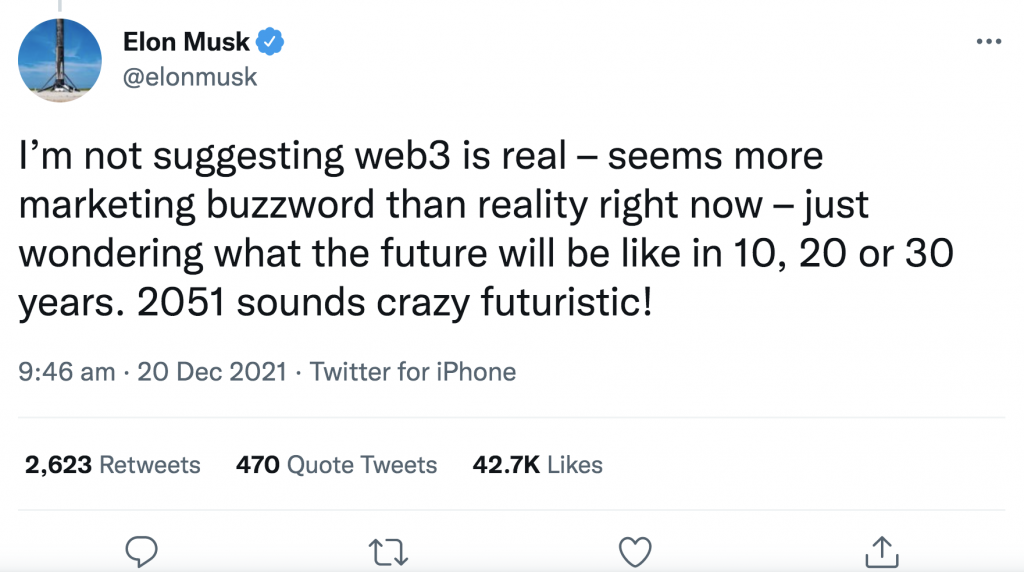
First of all, we need to understand what Web3 is…
Web3 is essentially a decentralized and more democratic version of our current internet. It represents the next evolutionary phase of the web where we’re witnessing a shift in power from large corporations like Meta and Amazon to individual users like you and I. If this’s your first time hearing the term ‘Web3’, your next question might be – was there a Web1 and Web2? Well, yes.
Web1 (1990 – 2005) The ‘read-only’ web
The first stage of the world wide web was Web1, which was characterized by static websites. Think of this as the ‘read-only era’ where users could only peruse websites without being able to interact with them. It’s like visiting a Wikipedia-esque page with information that you can read, except you can’t add any comments or make changes. Users then were more akin to passive viewers clicking through existing online records.
Web2 (2005 – Present) The ‘read and write’ web
Then came Web2 which pushed users to play an active role in consuming and contributing information. This generation of what some call the ‘participatory’ web saw the reign of social media sites like Facebook, Instagram and Twitter, where networking and user-generated content came into focus. Web2 is the present version of the web – It has a high level of information sharing and interconnectedness among users.
Web3 (2020 – ??) The ‘read, write and own’ web
In recent years, there’s been more and more talks about Web3. The term was coined by Ethereum co-founder, Gavin Wood, shortly after the launch of Ethereum in 2014. At its core, Web3 is about bringing more power to the user instead of the platforms and publishers. It’s characterized by increased privacy, decentralization, and equality.
Imagine a Web3 version of YouTube – let’s call it ‘OurTube’. Then, imagine if you could support your favourite content creators like Mr Beast by buying crypto tokens to subscribe directly to him instead of via the platform. YouTube wouldn’t be able to sell Mr Beast’s subscriber data to third parties or make sudden cuts to his advertising revenue. Mr Beast owns his nearly 100M subscriber list and if he chooses to quit the platform he takes his subscribers with him.
Such Web3 platforms would run on blockchain technologies where multiple computers keep track of all activity, instead of just one. This empower creators to have control over their own YouTube videos, Instagram posts, their followers etc. – their own data.
So how does Web3 affect marketers?
In essence, Web 3.0 offers better control over data privacy and delivers a more personalized user experience. As marketers, we’ll need to ensure that we’re able to keep up with increased demands by users for security and control over their data.
The Rise of dApps
With blockchain technology, we’ll have the ability to create decentralized systems; there would no longer be a single data center controlling users’ data. We’d be free from the control of a single, centralized authority. With data on Web3 saved on multiple servers, this reduces censorship, vulnerability to data theft, and allows for flexible development.
This paves the way for the rise of Decentralized Applications (dApps), like our imaginary ‘OurTube’. These are applications that run on blockchain technology and allow app users to participate as both content consumers and seeders.
Non-Fungible Token (NFT) marketplace OpenSea is an example of an existing popular dApp. Blockchain technology ensures the security and transparency of transactions, allowing users to buy and sell unique digital assets with cryptocurrency. In time to come, who knows? Perhaps we’ll start to see more brands developing their own dApps as community-building tools.
Adding NFTs to your Marketing Strategy
Speaking of NFTs – these are digital collectibles that can be bought and sold with cryptocurrency which is a key feature of Web3 technology. The applications for NFTs are plenty. Marketers have used these to promote their product or event, ranging from digital artworks to in-game avatar outfits.
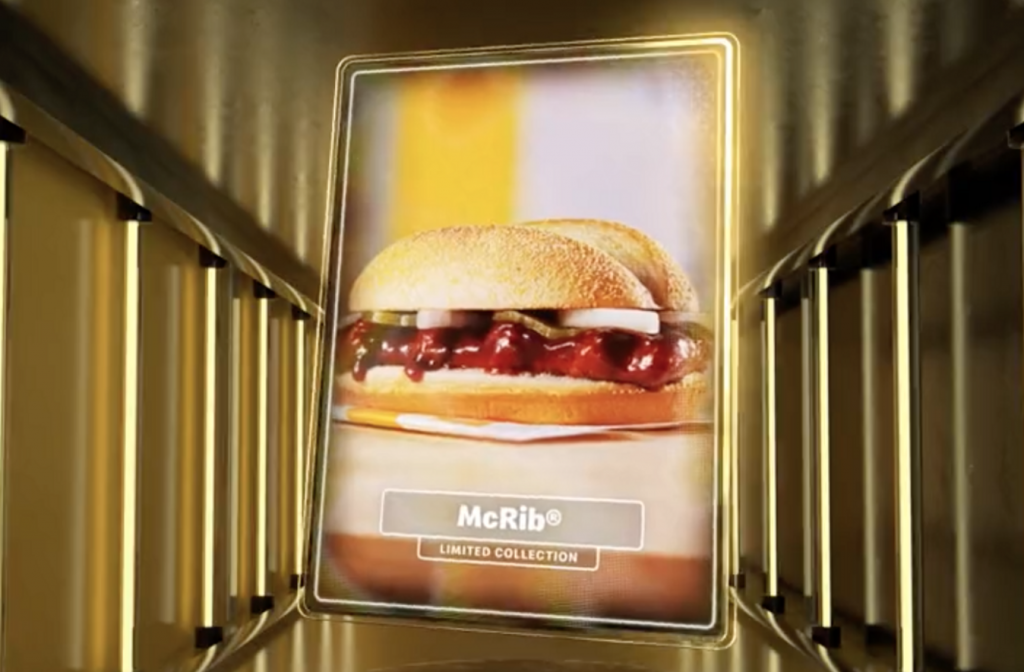
It’s no surprise that big brands are already jumping on board the NFT bandwagon. McDonald’s recently created McRib NFTs to celebrate its 40th anniversary in 2021, and Coca-cola developed 4 branded NFTs for their international friendship day charity auction.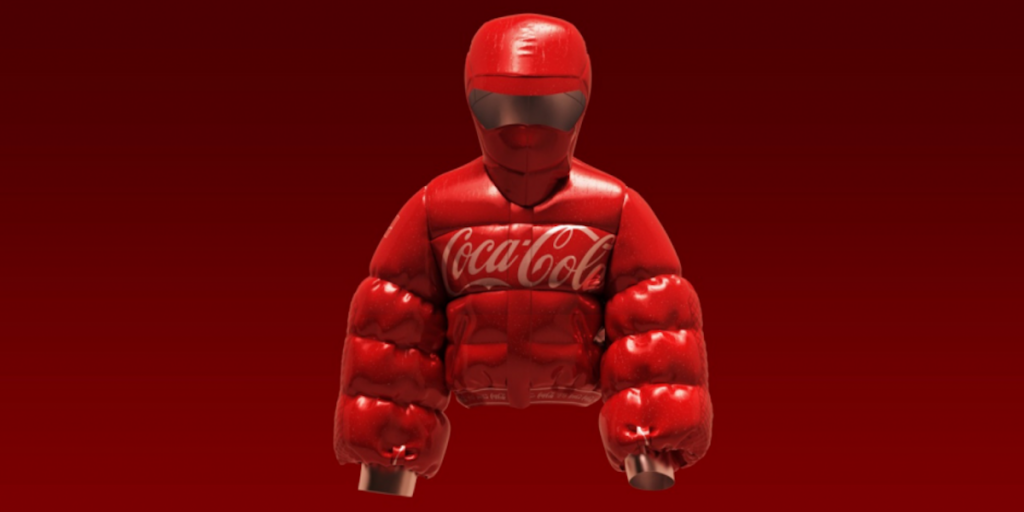
Warner Music has even employed NFTs as digital mementos that can be collected exclusively by fans who attend certain music events. For example, rapper Kevin Gates made NFTs available to those who attended his concert. NFTs are being used as proofs of attendance to signify that you were part of an experience.
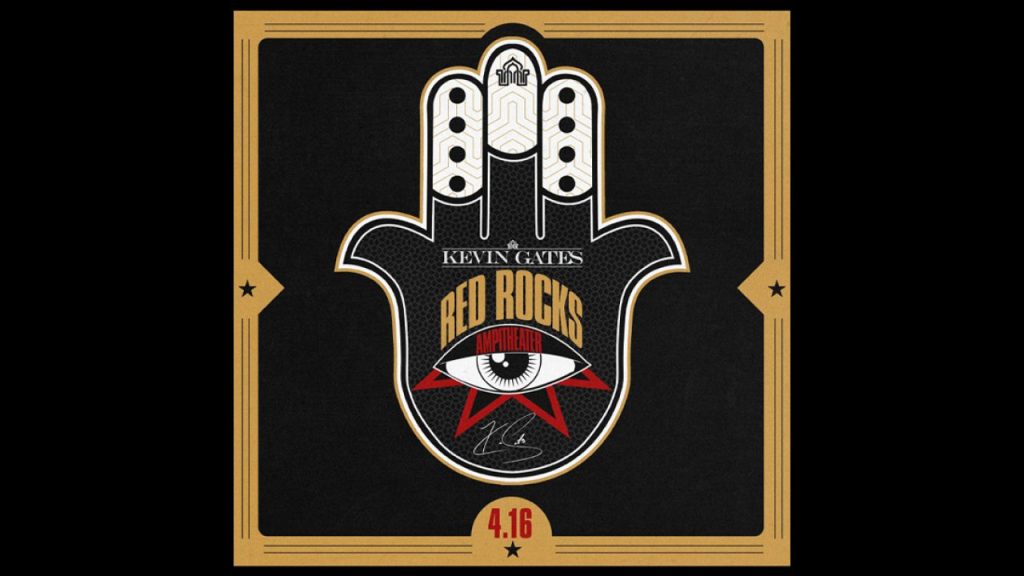
Be prepared for more brands to employ NFTs as part of their strategy to build communities, extend consumer touchpoints and improve brand perception.
Immerse Yourself in the Metaverse
Another big contributor to the Web3 vision is Metaverse technology. It’s a network of virtual worlds where people can socialize, work, play, and shop etc. Moreover, it can also be a great place to host your next brand or PR event. Think – international media events with guests from Philippines and the UK tuning in at the same time and interacting with each other via their avatars in the Metaverse.
More than just incorporating AR or VR, a Metaverse is a highly immersive space that holds great potential to for brands to establish greater connection and build memorable branded experiences for customers. Just take a look at Wendy’s ‘Sunrise City’ and Sentosa’s ‘Sentosa Crossing’.
Is it too good to be true?
The idea of a democratized internet might sound like an idealist’s dangerously optimistic vision of an internet utopia. As with everything, there are pitfalls – lack of censorship, cryptojacking risks and NFT skepticism. However, we still can’t deny the resources that brands have been dedicating to their NFT and metaverse endeavours.
So was Elon Musk right in deeming Web3 a mere ‘marketing buzzword’? Well that’s up to you to decide. But if I were you, I’d start saving those Web3 articles to my reading list tab because with ever-evolving technologies, today’s marketing buzzword might be tomorrow’s leading marketing strategy.

